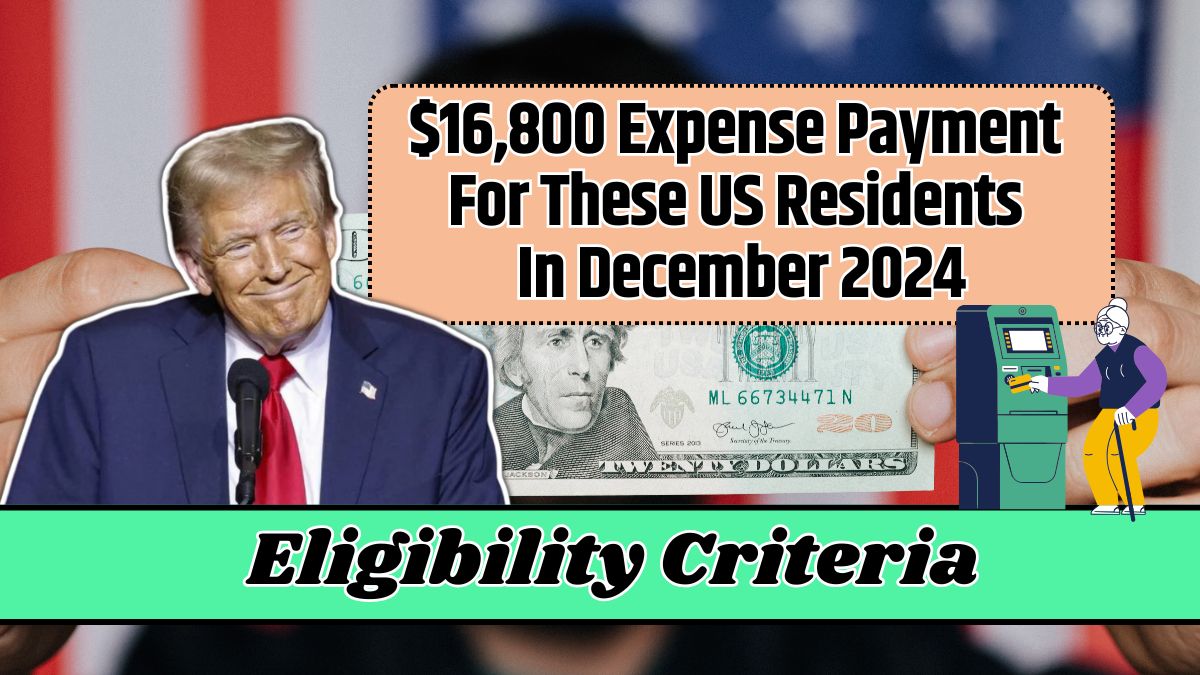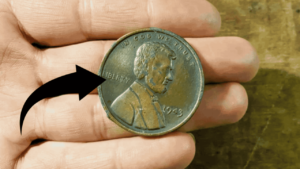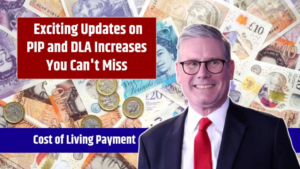The buzz about a $16,800 payment from the U.S. government in December 2024 has caught the attention of many Americans. Unfortunately, this claim has been debunked as misinformation.
If you’ve come across such rumors, here’s what you need to know about avoiding scams, recognizing legitimate assistance programs, and verifying financial aid claims.
$16,800 Expense Payment
The notion of a large lump-sum government payment might seem appealing, especially during challenging financial times.
However, there is no official evidence to support the existence of a $16,800 payment.
Instead, the rumor likely stems from social media posts or phishing scams aiming to exploit individuals seeking financial relief.
| Aspect | Details |
|---|---|
| Claim | $16,800 government payment in December 2024 |
| Fact Check | No credible evidence or legislation supports this claim. |
| Scams to Avoid | Beware of unsolicited messages or requests for personal info. |
| Legitimate Aid | SNAP, TANF, Social Security, and other federal programs. |
| Official Resources | Visit USA.gov for verified information. |
The Truth Behind the Claim
No Legislative Basis
For any major government financial program, legislation must be passed by Congress and signed into law by the President.
Such programs are always announced through credible channels like WhiteHouse.gov or Treasury.gov. As of now, no such law or policy supporting a $16,800 payment exists.
How the Rumor Spread
The claim appears to have originated from social media or email chains, often used by scammers to lure individuals into providing personal information.
Similar hoaxes have circulated in the past, such as during the COVID-19 pandemic, when fake “stimulus bonuses” were widely promoted.
How to Identify Scams
Scams related to financial relief programs are increasingly sophisticated. Here are key strategies to protect yourself:
1. Verify Information
- Always cross-check claims with official government websites like USA.gov or IRS.gov.
- Watch out for URLs mimicking government sites with typos or odd domain endings (e.g., .net or .xyz).
2. Be Wary of Unsolicited Offers
- Legitimate government agencies won’t unexpectedly contact you to offer money.
- Avoid offers that demand urgent action or require you to “claim your payment.”
3. Safeguard Personal Information
- Never share sensitive details like Social Security numbers, bank accounts, or passwords with unknown sources.
- Remember: Government agencies do not request personal or financial details over email or phone.
4. Report Suspicious Activity
If you encounter potential fraud, report it promptly:
- Federal Trade Commission (FTC): ReportFraud.ftc.gov.
- Local law enforcement or your state attorney general’s office.
Real Government Assistance Programs
While the $16,800 payment claim is false, there are several genuine programs to help individuals and families in need:
1. Supplemental Nutrition Assistance Program (SNAP)
Provides food assistance to low-income households.
- Eligibility: Based on income and household size.
- Apply: Visit your state’s SNAP office or start here.
2. Temporary Assistance for Needy Families (TANF)
Offers short-term financial aid to families with children.
- Eligibility: Income-based and state-determined.
- Learn More: TANF Overview.
3. Social Security and Disability Benefits
Provides monthly income to retirees, disabled individuals, and dependents.
- Eligibility: Based on work history, age, or disability.
- Info: Visit the Social Security Administration.
4. Housing and Utility Assistance
Programs like the Emergency Rental Assistance Program (ERAP) help with rent and utility bills.
- Apply: Treasury Rental Assistance.
5. Federal Student Loan Forgiveness
For eligible borrowers, programs like Public Service Loan Forgiveness (PSLF) provide debt relief.
- Eligibility: Employment in public service or income-driven repayment plans.
- Check Eligibility: Visit Federal Student Aid.
How to Stay Informed
1. Use Trusted Sources
Bookmark reliable government websites like USA.gov, IRS.gov, or WhiteHouse.gov for accurate information.
2. Subscribe to Alerts
Sign up for updates from official agencies to receive verified news about financial aid programs.
3. Educate Your Network
Share accurate information with friends and family, especially those who might be more vulnerable to scams.
False claims like the $16,800 payment often prey on financial anxiety.
By staying vigilant, relying on trusted resources, and exploring genuine government programs, you can access the support you need safely and securely.
















